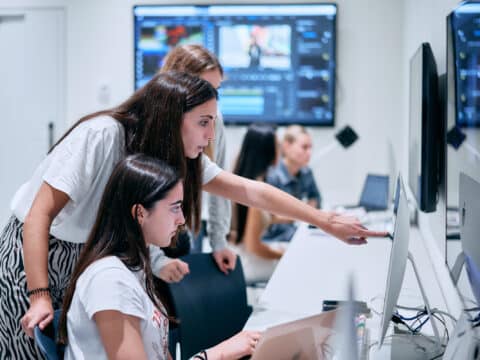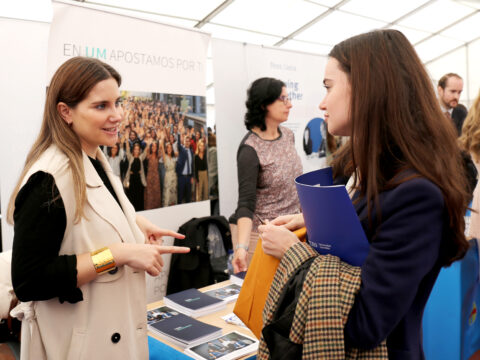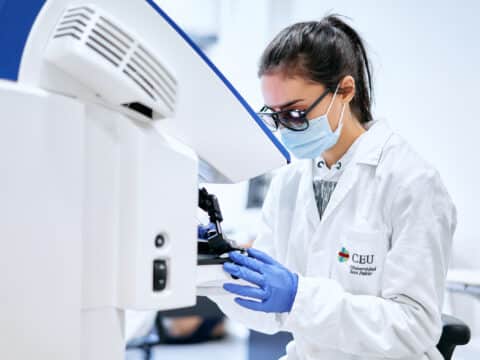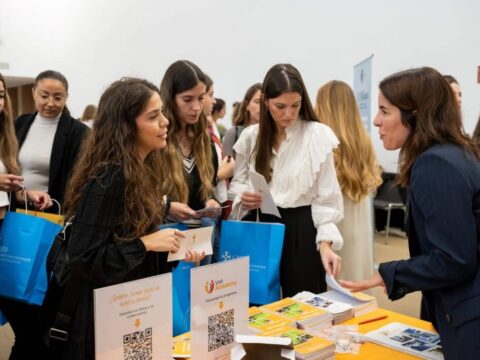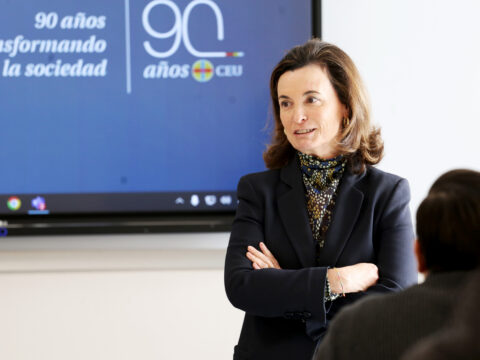
How to succeed in a job interview
4 September, 2023
Universidad CEU San Pablo, guarantee of commitment with students
12 September, 2023Are you ready to raise the best prepared generation ever?
The Z Generation are digital natives, those most socially committed and who have the most information available. But, are they better prepared for the professional world? This Views article delves into the details of this challenge faced by universities.
The Z Generation is the future but also the present. However, Spain is the second OECD country with highest youth unemployment with a rate of 29.3% -three out of then youngsters who wish to work cannot find a job- and the figure of school dropout increased in 2022 up to 13.9%. These figures question how well the most promising generation to date is being prepared.
This generation has been the one that has most suffered job insecurity. “Many researchers state that one of the main reasons has been the situation of the economy with 2008 financial crisis. They describe it as the most unfortunate generation ever” points out Laura Ladrón de Guevara Moreno, PhD in Education and coordinator of the Degree in Sciences of the Physical Activity and Sports at the Centre of University Studies Cardenal Spínola CEU.
“The Z Generation is the most prepared to detect fake news, they know how to verify information and contrast information, which today is very important to avoid any manipulation by the media. They are also strongly concerned about the environment, they are very enterprising and with great social responsibility” declares the teacher Laura Ladrón de Guevara.
“This generation prefers experimental education, practical, with group works and digital media as they do not understand their life without technology” she adds.
Also they have more information at hand in an interconnected society with immediate access to knowledge. However, as stated by the CEU teacher, it leaves aside other skills such as the critical analysis or the resolution of problems.
Considering the idiosyncrasy of these students, how should they be educated? “It demands understanding and flexibility. The do not seek a traditional methodology with books or handwritten notes or teachers that only master theoretical concepts. Actual teachers have to be empathic, reinforce cooperative work, use new technologies and active methodologies with which students participate equally sharing proposals and reflections” promotes Laura Ladrón de Guevara.


